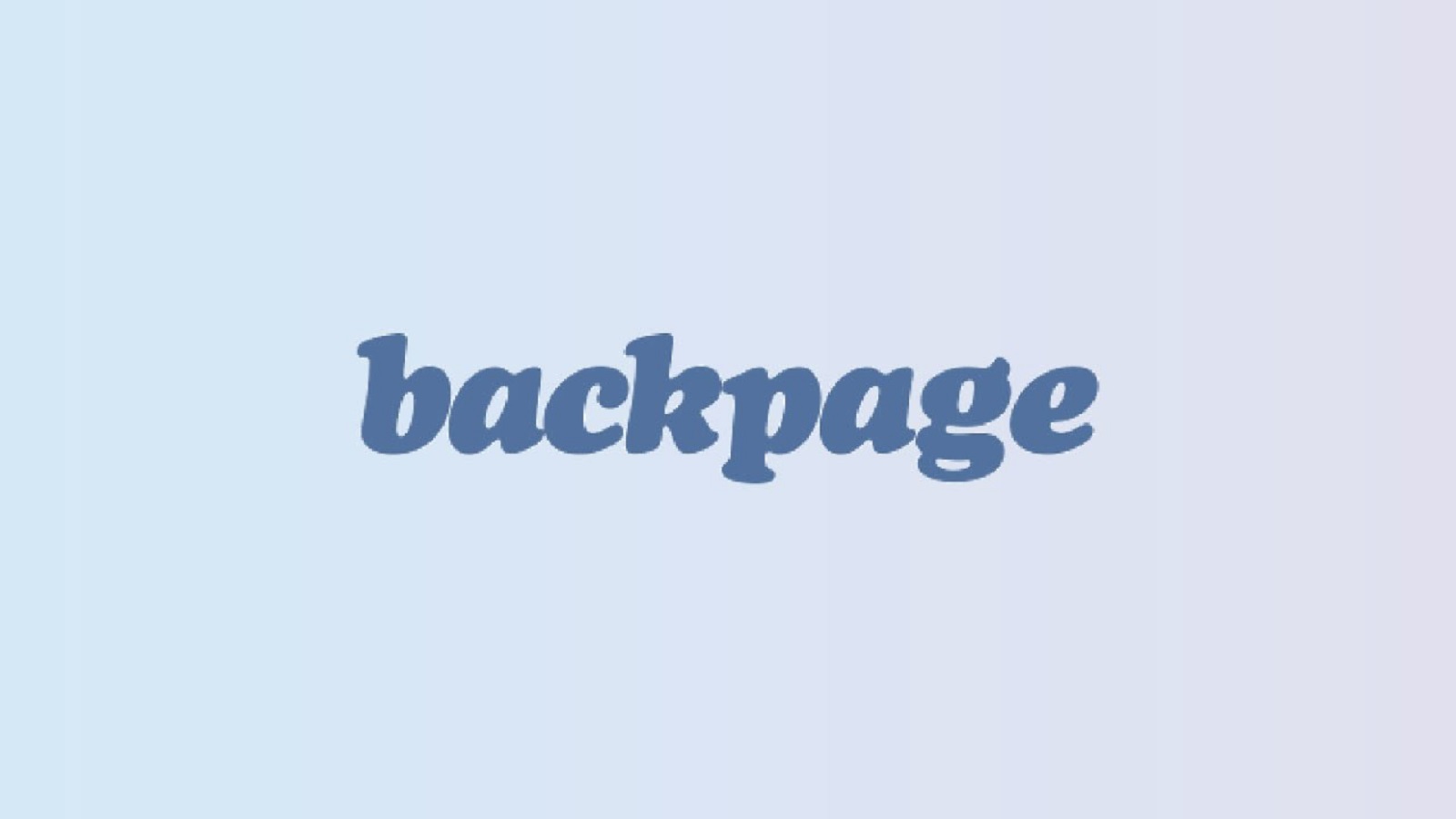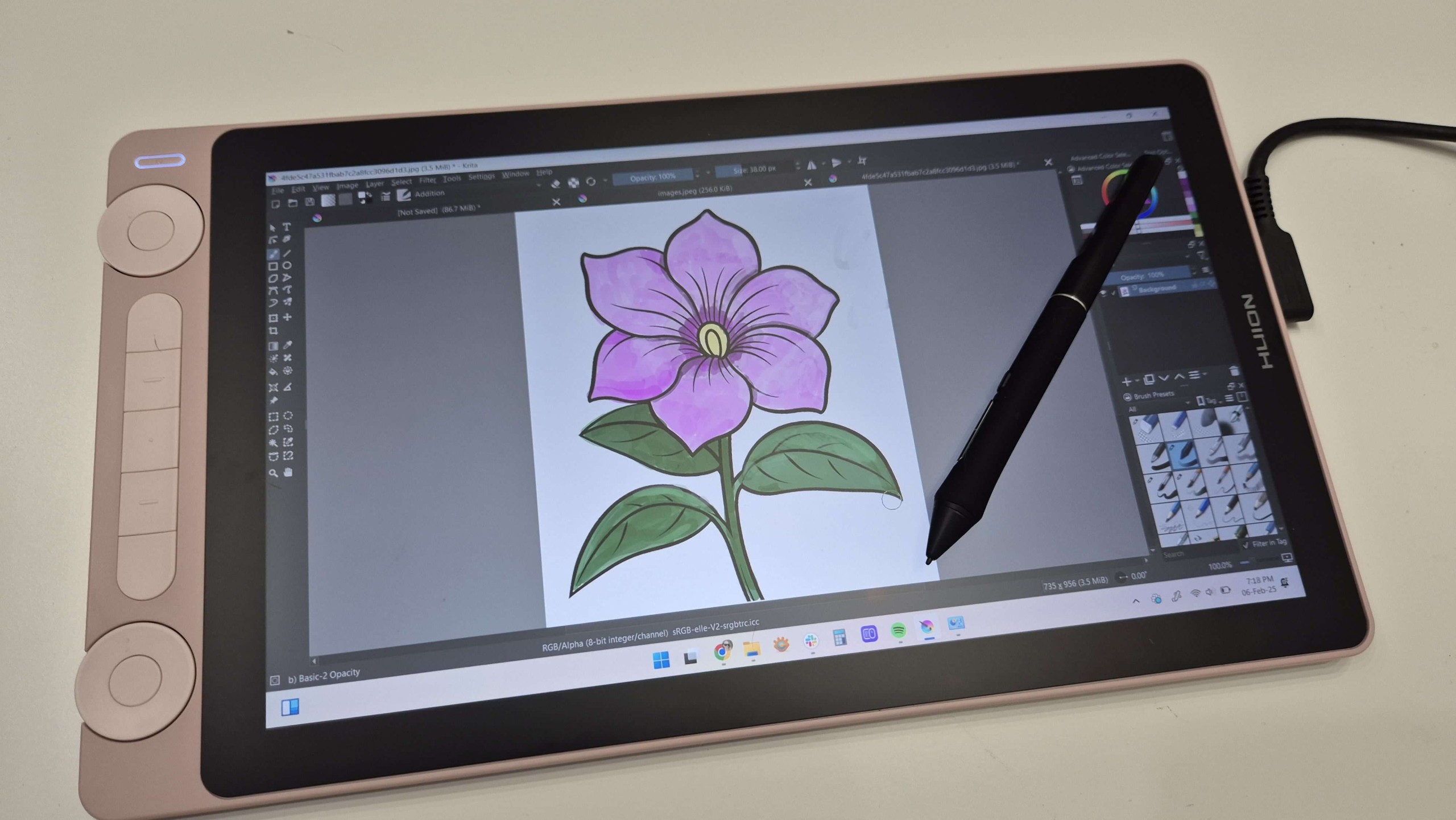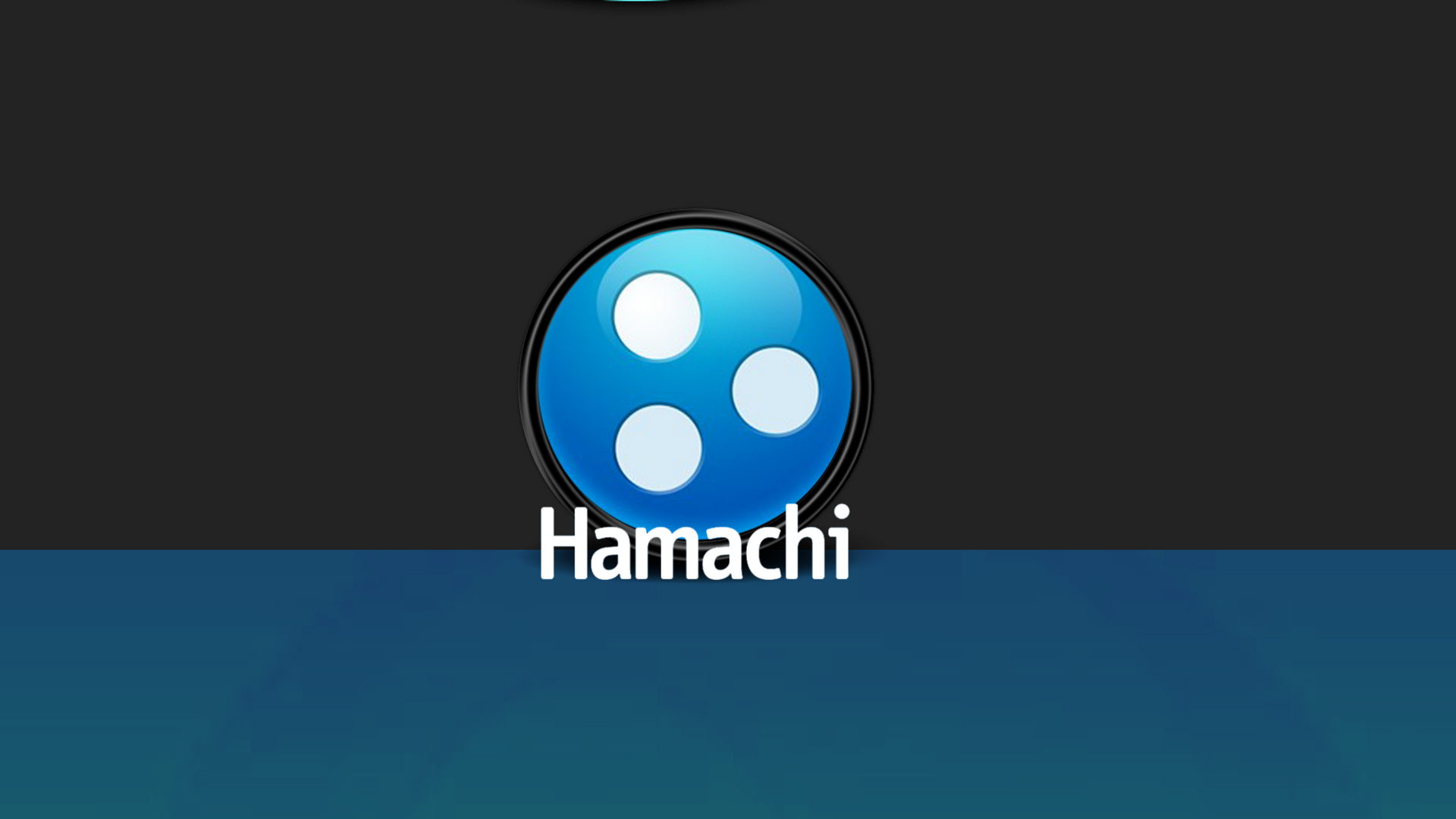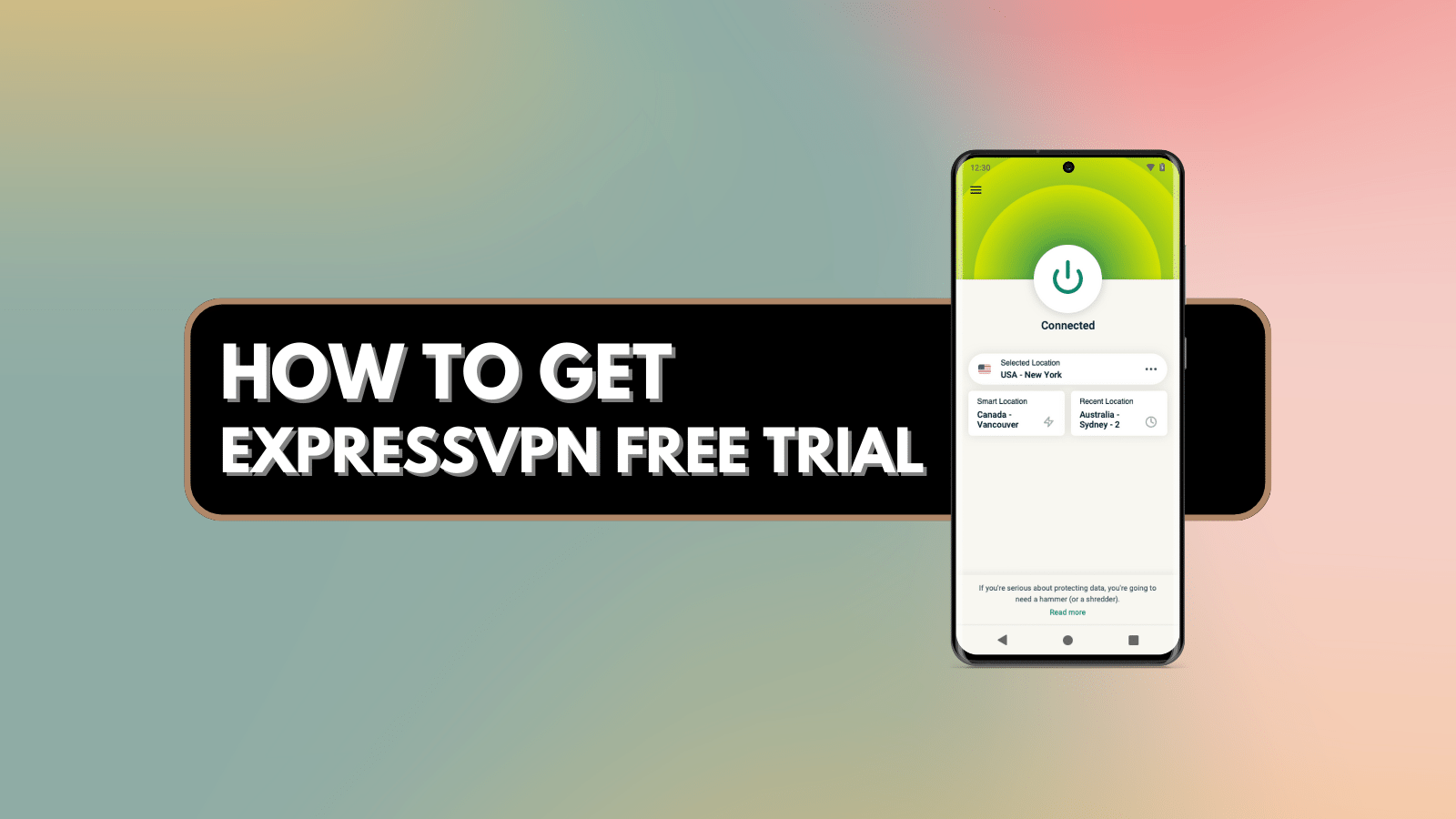
When you purchase through links on our site, we may earn an affiliate commission. Here’s how it works.
What is the Google Advanced Protection Program?
Google has developed a reputation for providing some of the most secure cloud services out there. Gmail, in particular, is pretty hard to hack thanks to various detection systems and two-factor authentication.
The thing is if your account is valuable enough and the person who wants it is serious enough, then it's inevitably going to happen. Google's security is more than enough to keep most people safe, most of the time. But if you're a high-profile target with valuable content or a reason to attract attacks, you need more.
To this end, Google has launched their Advanced Protection Program, which seriously turns up the level of security that protects your Google login credentials.
But Who's It For?
Google says that they envision journalists, political activists and other high-profile targets making use of their advanced security offering. I see it being an option for anyone who is serious about securing their mail for whatever reason. You might not be famous or "high profile", but that doesn't mean you have nothing to lose.
Of course, if you are a high profile person you should also make use of PGP for an extra layer of strong protection, but the Advanced Protection Program can only help in this regard.
How Does It Work?
The key component of the Advanced Protection Program is the physical security key. If you change over to this method of authentication then you need to physically present the key every time you log in. No key? No login.
This essentially makes it impossible for hackers to get into your account without actually stealing your key.
Why Do I Want It?
This system is still a form of two-factor authentication, but one which cannot be defeated the way concerted attackers might do with normal Gmail accounts. There is no SIM to clone, no SMS to impersonate and it doesn't matter if you fall for a traditional phishing attempt. If you don't have a key then you aren't getting in buddy.
What if I Lose the Key?
Ah, Google has already thought of that. You have to register two keys. One you keep on you all the time. The other is a backup you should store somewhere safe such as, well, a safe.
The keys are your own responsibility to buy and it should work out to about forty bucks for a pair of bottom-end ones. The keys use USB and must be plugged into your computer to unlock your account.
If you want to access your mail on a mobile device that has no USB ports you need to buy a key that's specifically designed for mobile. It will have an NFC chip inside that lets you log in with a tap.
Google recommends that you use one more expensive key with NFC as your main key and a cheaper model as your backup.
OK, Both Keys are Gone. Now What?
If you lose both keys or they are stolen then you can revoke them and reset your account using other means. However, since hacking Gmail accounts by requesting a reset is a common tactic Google have made the advanced version of this process much more onerous.
It will now take several days before the reset happens, even if you comply with all the checks and questions. If your keys are kept in separate locations this will hardly ever be a problem. Revoke the one key you have lost and register a new one as soon as you buy it.
What Other Protections are Offered?
It's not just about a secure login either. The Advanced Protection Program is rather draconian when it comes to third-party applications. If you activate it, third-party applications can't access your emails or the files in Google Drive. So you better be ready for a Google-only ecosystem. If you use Chrome then only signed-in services are usable. On iOS, you'll have to trade in any Apple Mail, Contacts and Calendar for their Google equivalents.
So, Is It Worth It?
The bottom line is that this is one of the most secure login protections anyone offers to the public. If you value the contents of your Google account then the price in terms of money is not at all too much to pay.
The price paid in terms of convenience, on the other hand, might be a problem for some. There is no high-security solution that's also super-easy to get along with. Good security comes with a degree of discomfort and this program is a good example of that. You'll always need that key with you. In a worst-case scenario, you might even be locked out of your account for a few days.
Does the information you want to protect sound like it's worth those hassles? If the answer is yes then you might just have found your ultimate peace of mind solution.
If you want to sleep even better at night, don't forget that a good VPN is fundamental to overall internet security. We're pretty impressed with the all-round flexibility of ExpressVPN. It's our top-rated VPN of 2018 so far and at a reasonable price, you have no excuse not to give it a try.













